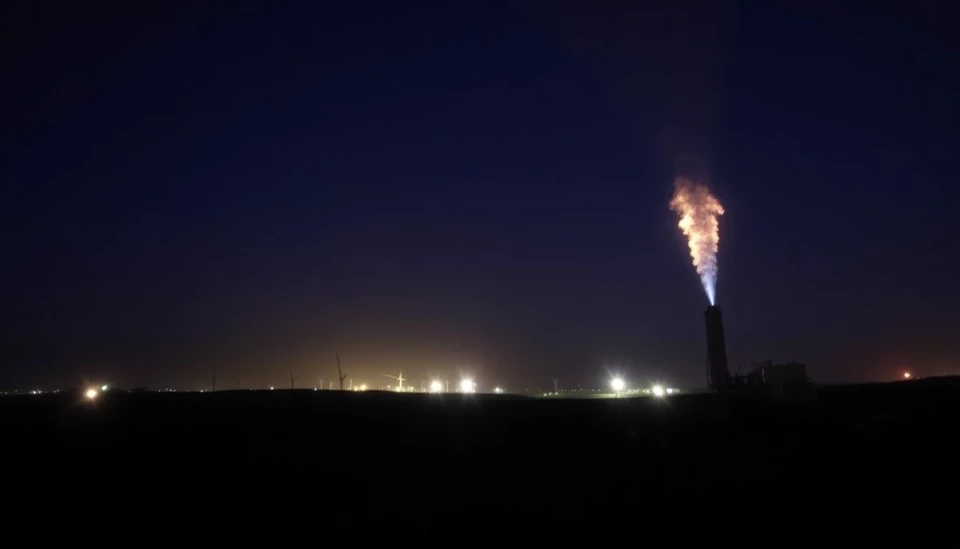
In a significant shift in Brazil's export landscape, oil has surpassed traditional commodities such as soybeans and iron ore, marking a pivotal moment for the South American nation. Data reveals that in the past year, crude oil exports have risen dramatically, solidifying Brazil's status as a key player in the global energy market.
The uptick in oil exports comes at a crucial time as Brazil prepares to host the 30th Conference of the Parties (COP30) in 2025, an event that places the nation in the spotlight concerning its environmental policies and climate change commitments. With the increased revenue from oil, Brazilian authorities now face a complex challenge: balancing a burgeoning fossil fuel industry with ambitious climate goals.
The Brazilian oil sector has thrived due to rising global crude prices and sustained demand, particularly from Asia. This rise in oil exports is expected to bolster the national economy but raises questions about the implications for Brazil's environmental commitments. As COP30 approaches, Brazilian leaders must navigate the delicate equation of economic growth and ecological sustainability.
Experts believe that while the economic benefits from oil exports can help fund the country’s developmental needs, they could also complicate Brazil's position as it seeks to present a strong commitment to curbing greenhouse gas emissions during the COP meeting. The contrast between economic interests and environmental responsibilities is a narrative that will likely dominate discussions in the lead-up to the conference.
Additionally, this surge in oil exports contributes to wider geopolitical dynamics, with Brazil reinforcing its influence in the global energy supply chain. The exploration and extraction of offshore oil reserves, particularly in the pre-salt layer, have attracted significant international investment, showcasing Brazil's potential as a top-tier oil producer.
As Brazil stands on the brink of this dual challenge, the authorities will need to devise strategies that allow for economic expansion while adhering to international climate agreements. How Brazil balances these competing priorities in the face of COP30 will be closely monitored by global leaders, environmentalists, and investors alike.
Amid these developments, the Brazilian government remains optimistic about its capacity to leverage oil export revenues to support sustainable initiatives. However, the success of these efforts will ultimately hinge on the commitment to transitioning towards more renewable energy sources and implementing policies that align with a sustainable future.
#Brazil #OilExports #COP30 #ClimateChange #Sustainability #Economy #Energy #GlobalMarket
Author: Rachel Greene




